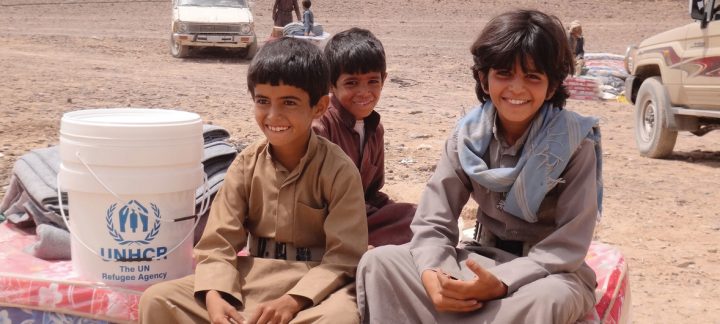United Nations-sponsored political consultations in Sweden, involving the warring parties in the Yemen war, have led to progress “on a number of issues,” said Martin Griffiths, Special Envoy for Yemen, at a press conference on Monday.
After 5 days of talks, representatives from the Yemeni Government and Houthi opposition discussed the re-opening of the airport in the Yemeni capital, Sana’a, the de-escalation of hostilities in the cities of Taiz and Hudaydah, and the exchange of prisoners: media reports suggest that the combined lists of prisoners to be exchanged on both sides adds up to around 15,000 names.
The disastrous economic situation in Yemen was also a topic of discussion, said Mr. Griffiths. After four years of conflict, Yemen’s economy has collapsed, contributing to a humanitarian crisis which has left at least 8 million people close to famine, and more than three-quarters of the population reliant on international assistance and protection.
According to reports, the UN has proposed that the key port of Hudaydah be controlled jointly by the Houthi rebels and the Yemeni Government, under UN supervision. Mr. Griffiths has been pushing for the Organization to play a leading role in the port, which he has described as the “essential humanitarian pipeline” serving the country.
The Special Envoy said that he was encouraged by the “positive and serious spirit” of the two parties, and that he “remains ambitious” about the outcome of talks, mentioning that tangible agreements will be announced by the end of this round, taking place to the north of the Swedish capital, Stockholm.
“Hope is the currency of the mediator; if you do not provide a sense of optimism and hope for the parties, you will not encourage people to walk the extra mile. I hope we can make some breakthroughs in the next couple of days,” he said.
Mr. Griffiths also looked ahead to a second round of consultations, currently under discussion with the main parties, which are being planned for early next year.










